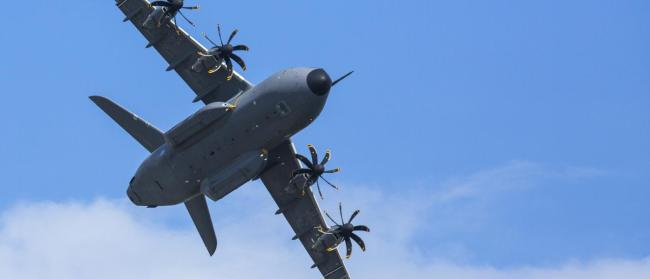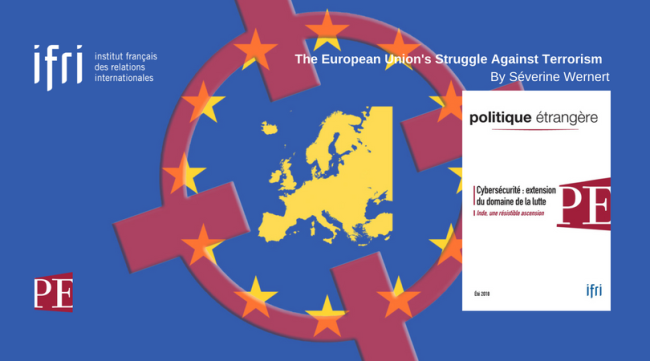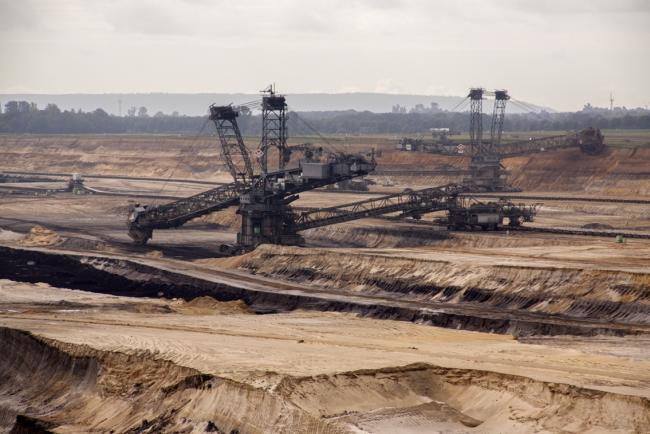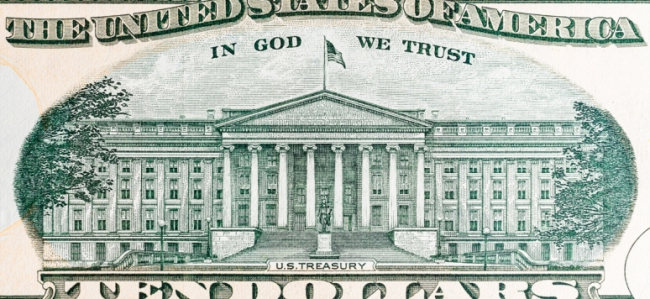Europe
Europe is described here in a geographical sense. It is not limited to the European Union, and includes, for example, the United Kingdom and the Balkans. It remains central to international relations.
Related Subjects

France and the Philippines should anchor their maritime partnership
With shared interests in promoting international law and sustainable development, France and the Philippines should strengthen their maritime cooperation in the Indo-Pacific. Through bilateral agreements, expanded joint exercises and the exchange of best practices, both nations can enhance maritime domain awareness, counter security threats and develop blue economy initiatives. This deeper collaboration would reinforce stability and environmental stewardship across the region.
The Three Dimensions of Europe's Defense Debate
In light of transatlantic tensions and a deteriorated security environment, European security affairs are at the crossroads.
The European Union's Struggle Against Terrorism
Since 2015, several countries in the European Union have been hit by attacks.


Preserving defence partnerships with US and UK is a key interest for France.
Nicolas Sarkozy used to promote himself as a transatlanticist or anglophile French president. Emmanuel Macron seems to have taken this approach a step further. Macron appears to have taken upon France and himself the responsibility of not allowing Britain and more importantly, the United States to drift too far away from Europe. Is he succeeding in this?
Coal Exit or Coal Expansion? A Review of Coal Market Trends and Policies in 2017
Coal in the power sector is the principal focus of climate-related policies due to its high carbon intensity, making CO2 emissions from coal a leading contributor to climate change.
Washington Should Help Europe Achieve 'Strategic Autonomy', Not Fight It
In 2016, the European Union issued its Global Strategy, the Union’s latest foreign and security policy strategy document. The strategy “nurtures the ambition of strategic autonomy for the European Union”. American policymakers’ feelings about these aspirations are, to say the least, mixed. Several U.S. officials have expressed fear that a strategically autonomous Europe would be detrimental to the transatlantic alliance.
Comply or die ? Les entreprises face à l’exigence de conformité venue des États-Unis
The United States has developed a vast body of legal regulations with extraterritorial application in order to tackle corruption on the international stage and to pursue companies that do not abide by the trade embargoes demanded by U.S. foreign policy.
Russo-British Relations in the Age of Brexit
The paper examines the reasons for the poor state of relations between Russia and the United Kingdom, providing a brief historical and political account of why relations have deteriorated. The various options facing the UK after Brexit, and within this framework the ambiguity of current British foreign policy and diplomacy, are outlined.
The EU Battery Alliance. Can Europe Avoid Technological Dependence?
With the launch of its “battery alliance”, the European Union is finally taking up the industrial battle with Asia and hopes to meet a large share of the surging demand for electrical batteries. Yet, the clock is ticking and the future of battery manufacturing in Europe depends primarily on the strategies that automakers will adopt.


Europe de la défense : les différences persistent entre Berlin et Paris


Macron wants a powerful EU
French President Emmanuel Macron is accelerating EU defense cooperation. The biggest obstacle are the French-German cultural differences. Can terrorism, Trump and Putin force closer military cooperation in Europe? Yes, says Barbara Kunz, research fellow at the French Institute for International Relations (Ifri) in Paris and expert on defense cooperation in the EU.
Support independent French research
Ifri, a foundation recognized as being of public utility, relies largely on private donors – companies and individuals – to guarantee its sustainability and intellectual independence. Through their funding, donors help maintain the Institute's position among the world's leading think tanks. By benefiting from an internationally recognized network and expertise, donors refine their understanding of geopolitical risk and its consequences on global politics and the economy. In 2024, Ifri will support more than 70 French and foreign companies and organizations.















